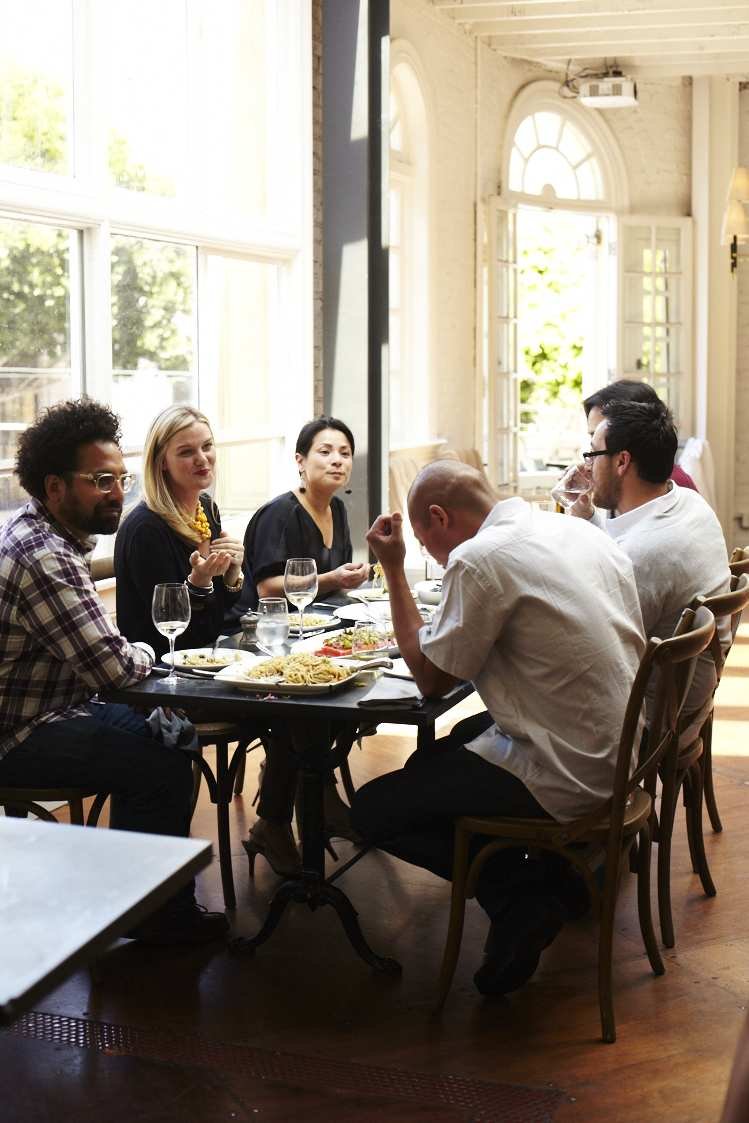[Social] Space & [Social] Time: Fundamental Needs
The Needs of Human Collectives
I’ve been thinking a lot recently about resources, needs, and wants.
Not just in terms of the popular Maslow’s hierarchy of needs, which is very attuned to individual needs and desires, but more about what’s needed for societies and communities to survive and thrive. Maslow’s hierarchy was heavily influenced, and selectively, by the Siksika (Blackfoot) understandings of innate self-actualization, interconnected needs, and cultural perpetuity, which are more dynamic and expansive.
Thinking expansively but about groups of people instead of individuals, here are few examples of the resources we might think of to meet our needs as a human collective. None of them are possible — beyond a very low bar — at the individual level, due to access and leverage at the collective level.
The power to transform and create.
Mental and intellectual capacity.
The power to take without hurting or destroying the capital of the collective (human, financial, environmental, social capital, etc.).
Diversity of perspective and ability to accept and give influence.
The power to uplift others (physically/mentally, emotionally, financially, etc.).
For examples of how this has been traditionally practiced and celebrated, see:
My friend John’s description of an Okinawan monthly tradition of financial support called Moai.
The Blackfoot “Giveaway” Ceremony. [I highly recommend viewing the original video here, “Page 7” Video, around 13:30 minutes in.]
Social Resources
When thinking about social resources, then, what is it that we collectively need in order to feel a sense of belonging, learn cooperation with those around us, and grow a sense of trust? (Altogether, to use a sociology term, build social capital)?
Here’s a guess as to the foundational principles of building social capital: Space & Time.
It sounds super general, so to specify it just a degree further, Social Space & Social Time.
Space includes different types of places to be with people. Key word = be. Not necessarily “meet.” Not necessarily “network with.”
For different kinds of group sizes
For different group dynamics
For different characteristics of the people coming to it
For different activities
For different times of day
Even for different management styles
And time - this might be the hardest one to wrap our heads around given the Protestant work ethic that has shaped the modern world.
Time off from work
Time to get in touch with oneself, decompress, and reconnect (time to think for oneself and check for alignment)
Time to grow along with other people in certain respects (skills, sports, etc.)
Time to let each unique relationship naturally emerge between people
Apart from these two baseline needs of Social Space & Social Time, I can only think of needs that I’ve written about in the Event Space Playbook, and they all stem from these two; respectively, they include physical comfort needs, social architecture, and the flexible structuring of activities that connect people, letting the connections occur (or not) naturally.
I have a feeling that the items in the needs of human collectives are either results of having such resources, plus practice, plus adaptability.
An Open Question
This is all part of an open question that will, I hope, continue to haunt me while I define the new research program I hope to establish: What exactly is social infrastructure and how do we build it?
The language doesn’t matter as much as the intent, so I’ll state the intent, too: to make life more satisifyingly meaningful by allowing people to connect with one another.

